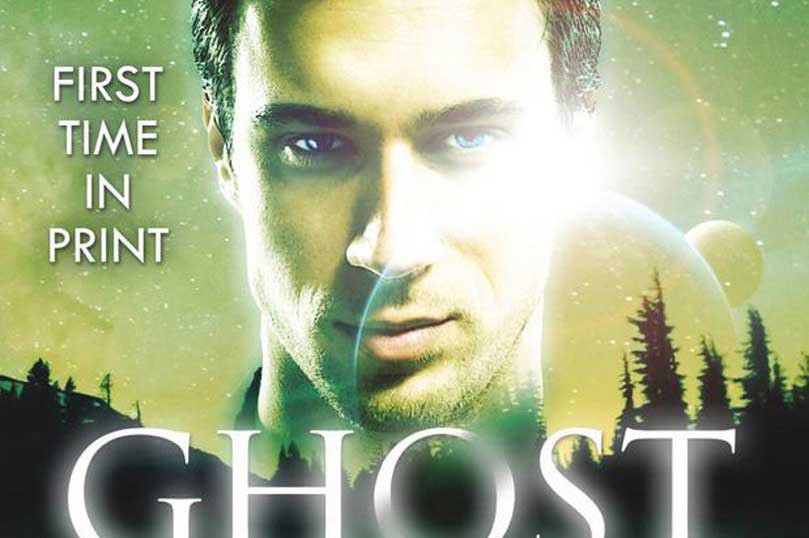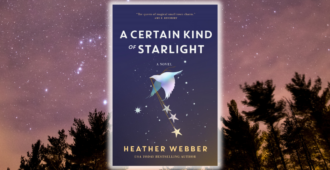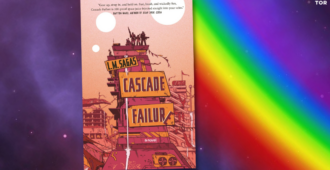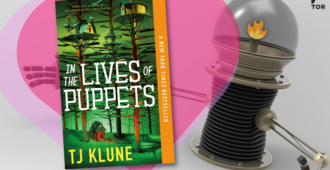On Taking Risks and Being Dead
Written by Sharon Lynn Fisher
I did not set out to be a problem child. I didn’t know when I wrote my debut, Ghost Planet (Oct. 30), that I was making choices that translated into challenges for an agent, should I be lucky enough to procure [use the old Jedi mind trick on] one.
All I knew was I had this story spilling out of me – a story about a planet where the aliens take the form of the colonists’ dead loved ones and drive them mad. Where a young psychology post-doc takes a job only to discover that she’s DOA, then proceeds to unravel the mysteries of her existence while falling in love with the most unavailable man in the world.
First off, blending science fiction with romance? For the love of Luke! Don’t you know that SF readers are men and romance readers are women and never the twain shall meet in the same aisle of a bookstore? What kind of cover do we put on it? Where does it go in the store? How do we tag it on Amazon?
I wasn’t concerned with (or even aware of) these questions. Nor did it ever occur to me it could be risky writing from the point of view of a dead person – until I read this in RT Book Reviews:
It takes guts to kill your heroine before page one, and Fisher has that in spades.
Holy cow! Good thing no one told me that while I was writing it!
Because I had problems enough already. How do you realistically write a character who discovers in the space of less than an hour that (1) she died en route to her new job, (2) she’s been reincarnated as an alien, (3) she’s symbiotically bound to her new supervisor and can’t get more than half a block away from him without collapsing in excruciating pain? Have you been through this? Know anyone who has? (If you do then the wrong person wrote this book.)
I suppose that kind of setup is what puts the “speculative” in speculative fiction. Boldly going where no one has actually ever gone before. But that was the single greatest challenge in writing this book. I remember my first beta reader, back in spring 2008, saying to me, “Awesome story idea. But I don’t buy that anyone would accept something like this so easily.”
That statement would haunt me for the next two years of rewrites, culminating in the final new scene I wrote for the novel: the one where the heroine unzips a body bag on a tarmac and looks into the face of her own lifeless body.
But that scene was no magic elixir. The emotions evoked by that sort of experience had to wriggle themselves like tentacles into every scene in the story. Especially in chapters 2 and 3, when all these discoveries are made, the reader needed to feel as devastated – as shocked and absolutely alone – as Elizabeth did.
Did I succeed? You can decide for yourself. And if you do I hope you’ll let me know!
…………………………
From the Tor/Forge November newsletter. Sign up to receive our newsletter via email.
…………………………
More from the November Tor/Forge newsletter:
- How many syllables was that again, or, “Can I buy a vowel?” by Melissa Ann Singer
- Living in a Real Teenage Dystopia: The Classroom by Isamu Fukui
- The Care and Feeding of a Villain by Joseph Nassise
- Steampunk Sweepstakes







